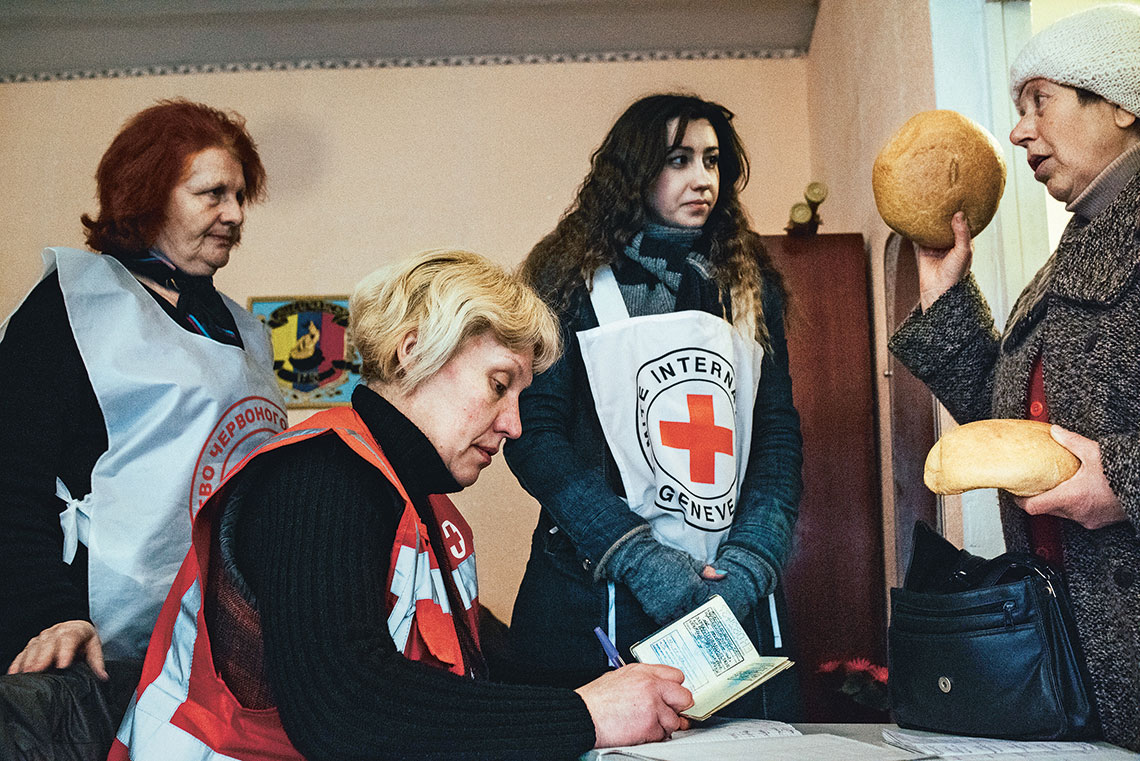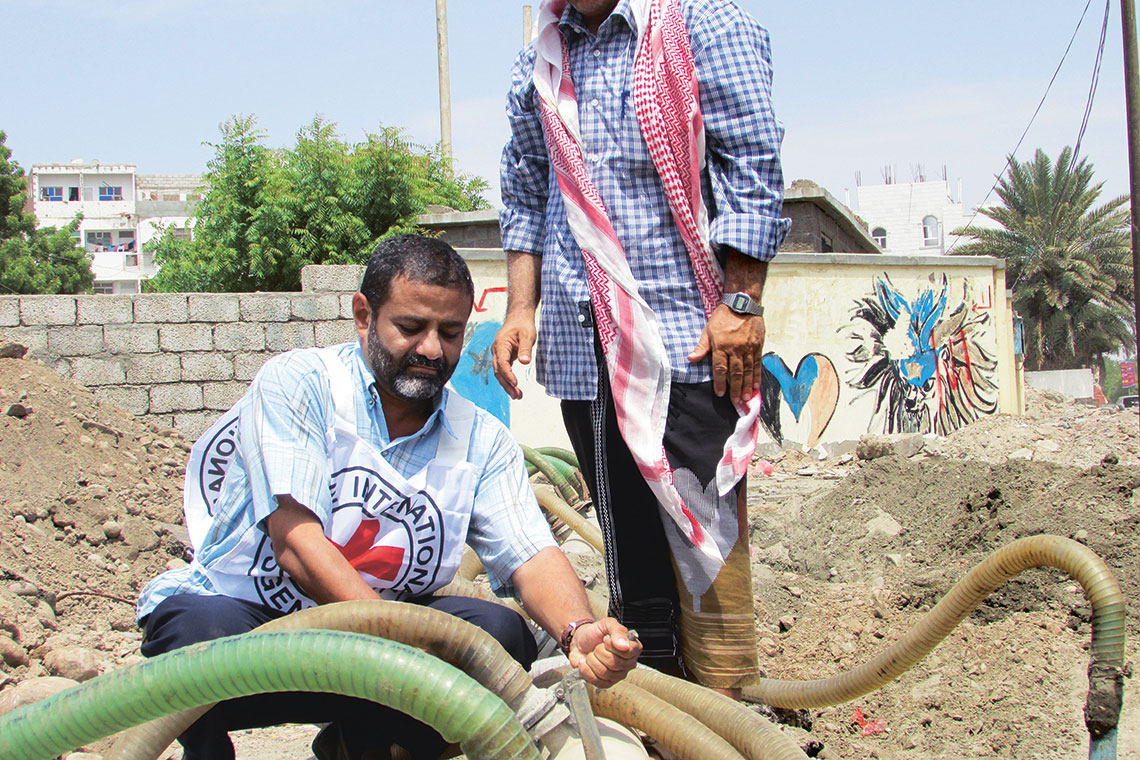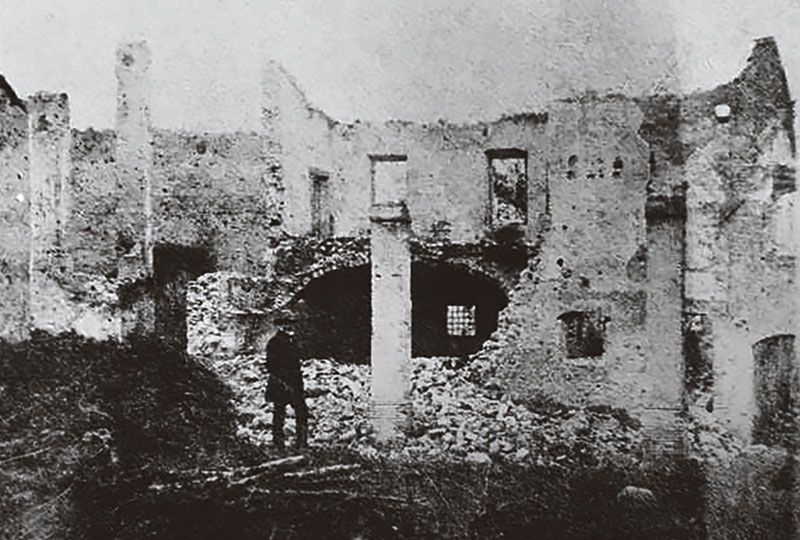Story of discovery
Engineering Solutions
Water-and-habitat engineer Khaled Mushara has long worked to improve the lives of his fellow countrymen in Yemen. Before joining the ICRC in 2012, he worked for a development agency improving the country’s road system. He recalls how, when he first heard of the ICRC, he was a bit wary of the Swiss organization and its distinctive red cross emblem.
“At first,” he recalls, “I thought ‘What do they do? Are they really humanitarians or are they here to try and change people’s religion?’ But when I looked into it, and learned for myself what the ICRC was all about, I discovered it was really something very different.”
What Khaled discovered, he says, was an organization committed to helping the most vulnerable people, regardless of their race, creed or religion. “The way the ICRC sees it: If you’re a human being, you deserve to live. It was a great change in my thinking about the ICRC.”
Since then, he has seen how our principles of impartiality and neutrality allow us to reach people in areas directly affected by fighting. “This is because all the groups involved in the conflict trust the ICRC to be neutral, not to take sides. So we can work where others can’t.”
Water-and-habitat engineer Khaled Mushara
Projects have to be sustainable. This approach has won the ICRC my respect. We really care about our projects helping people over the long term.




